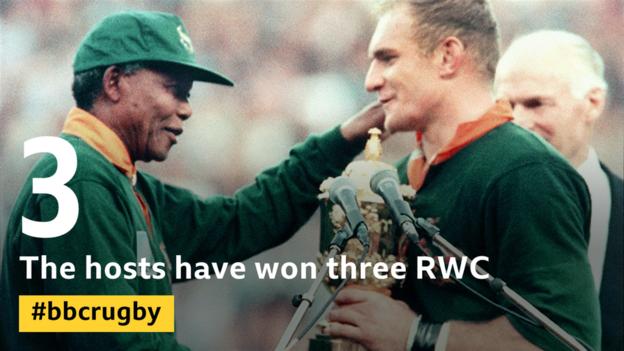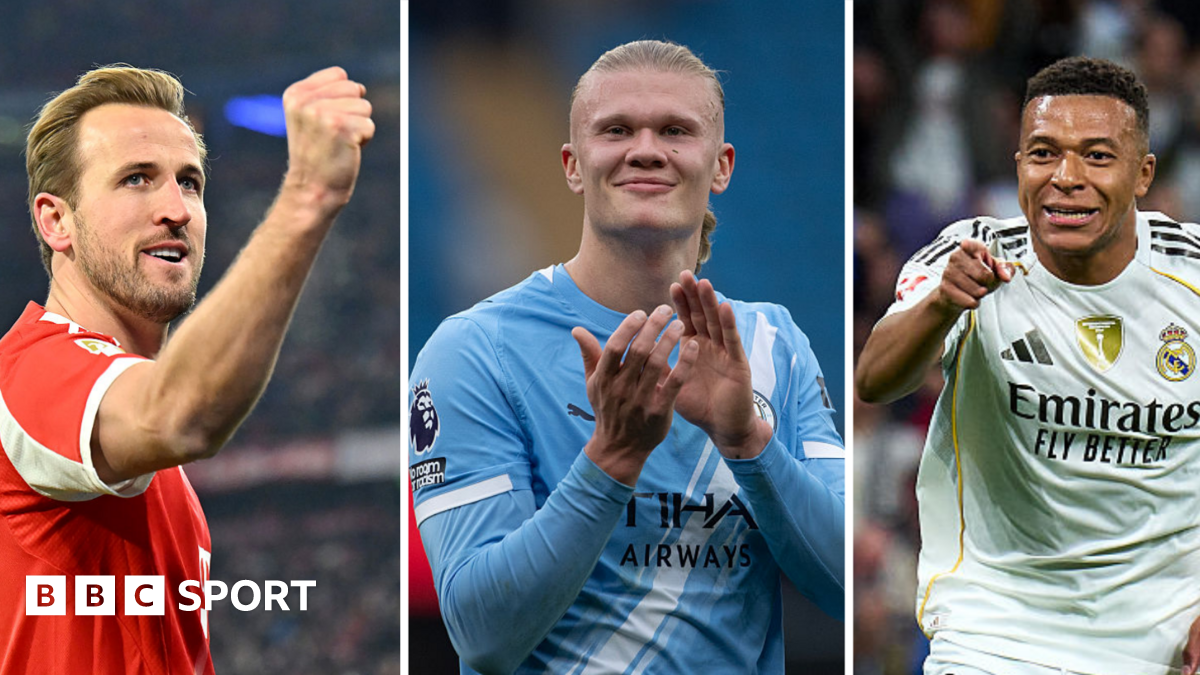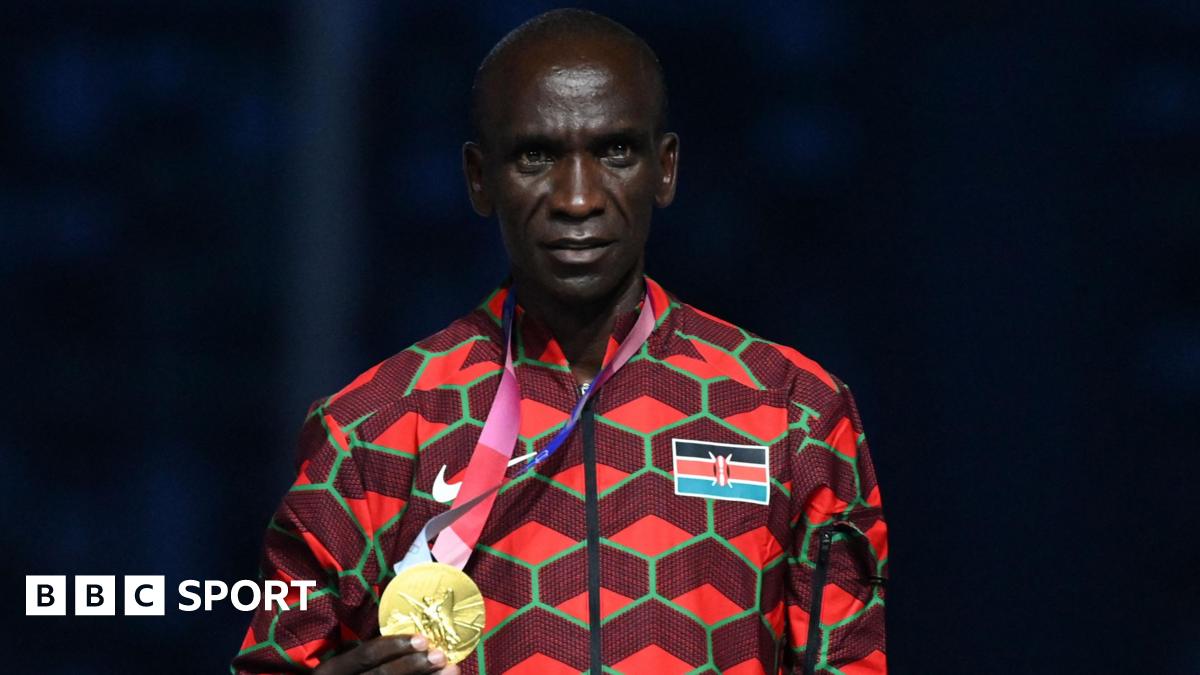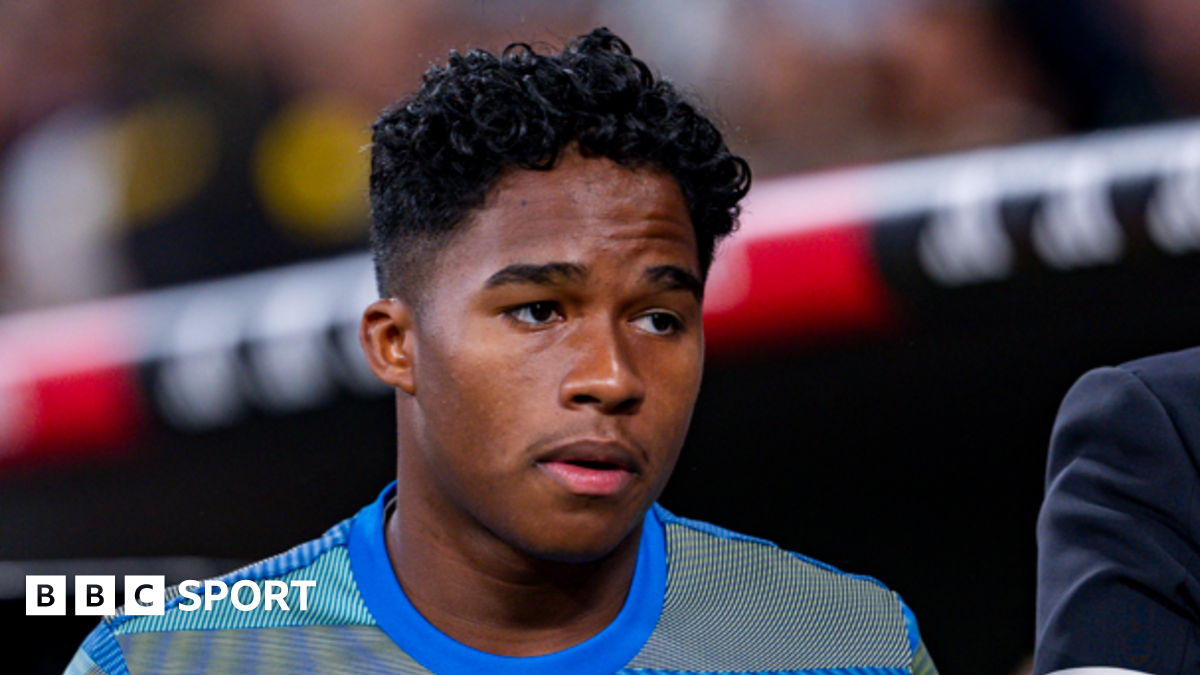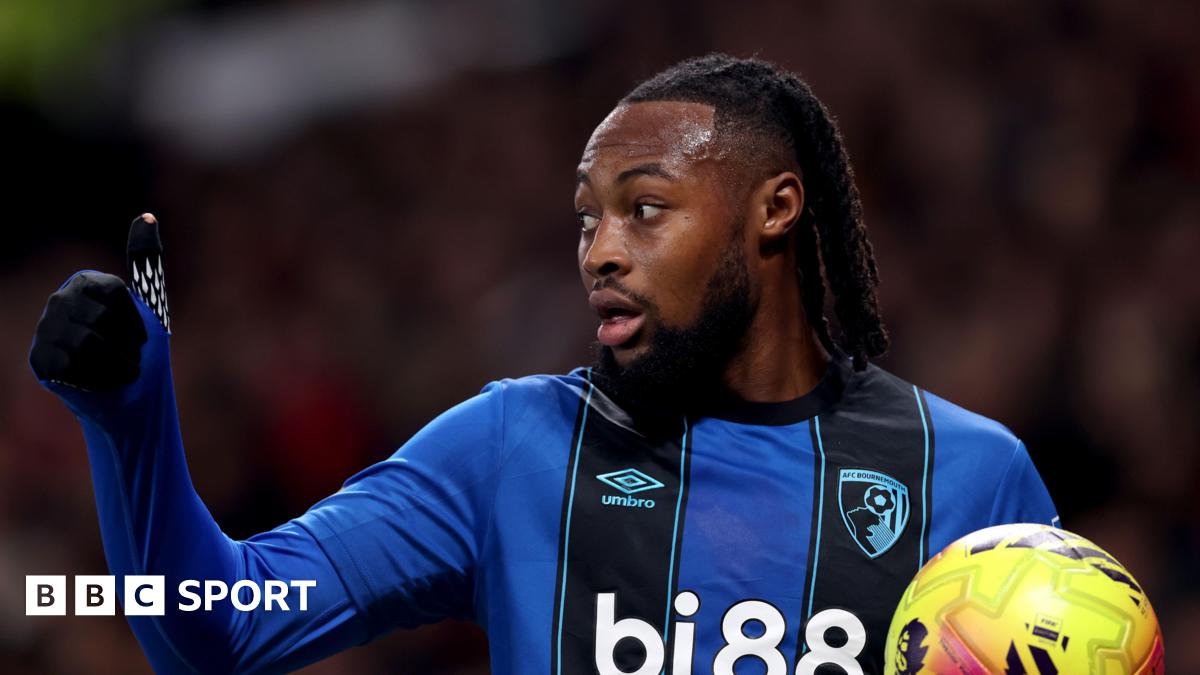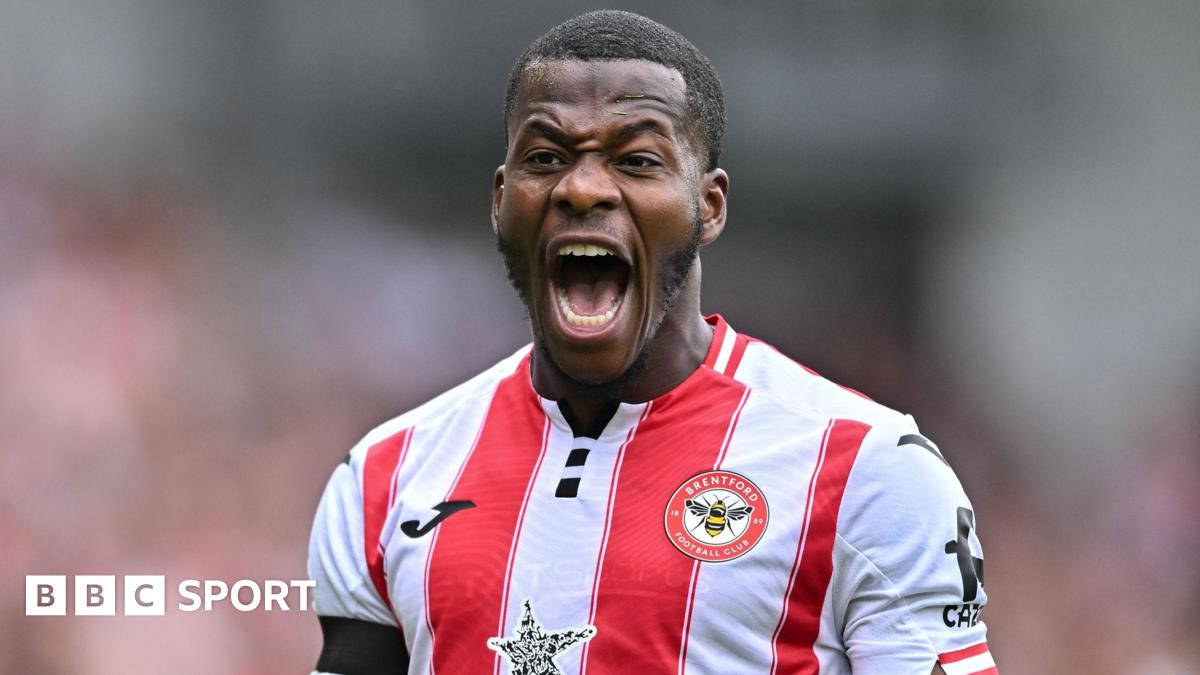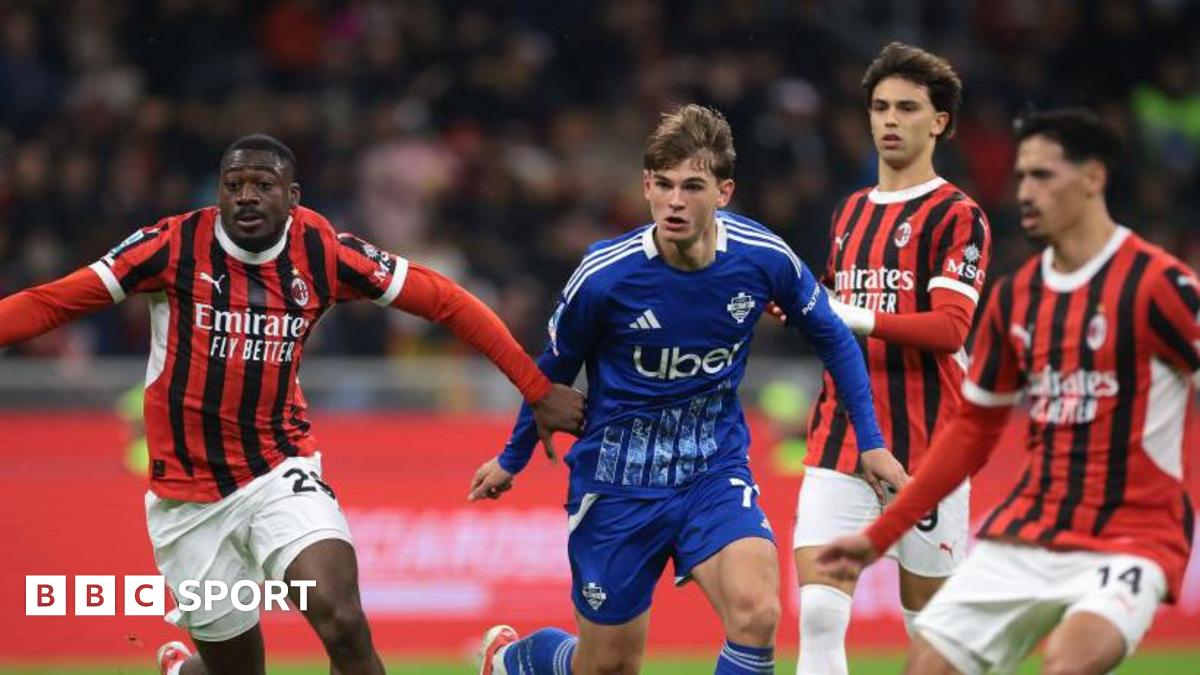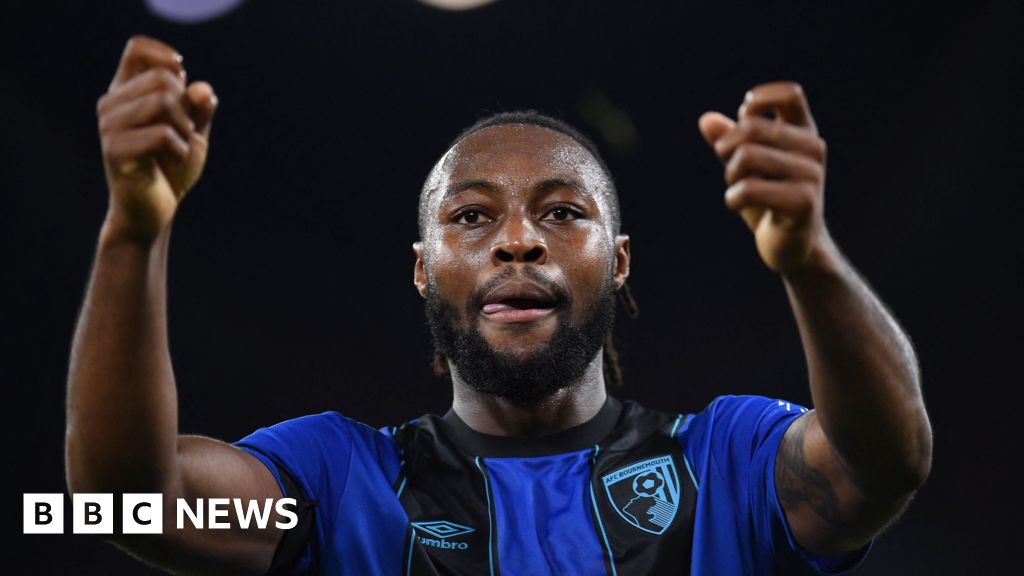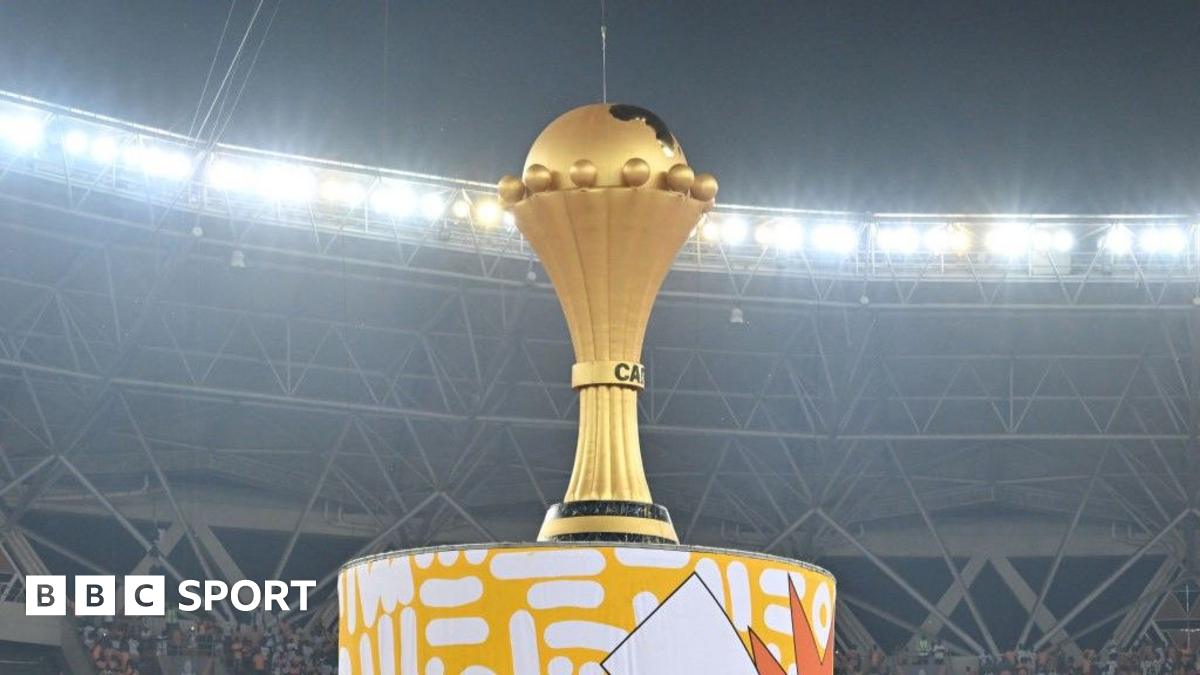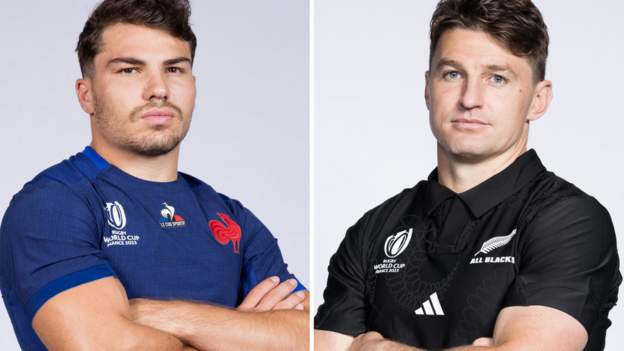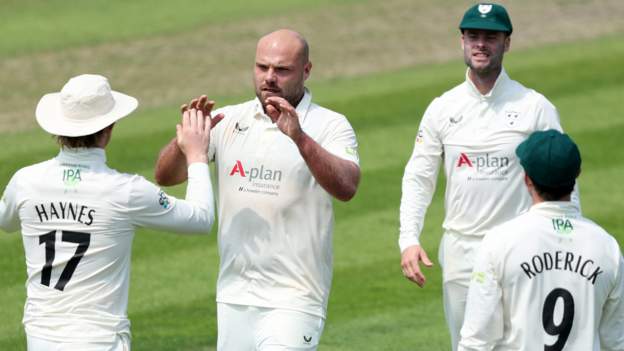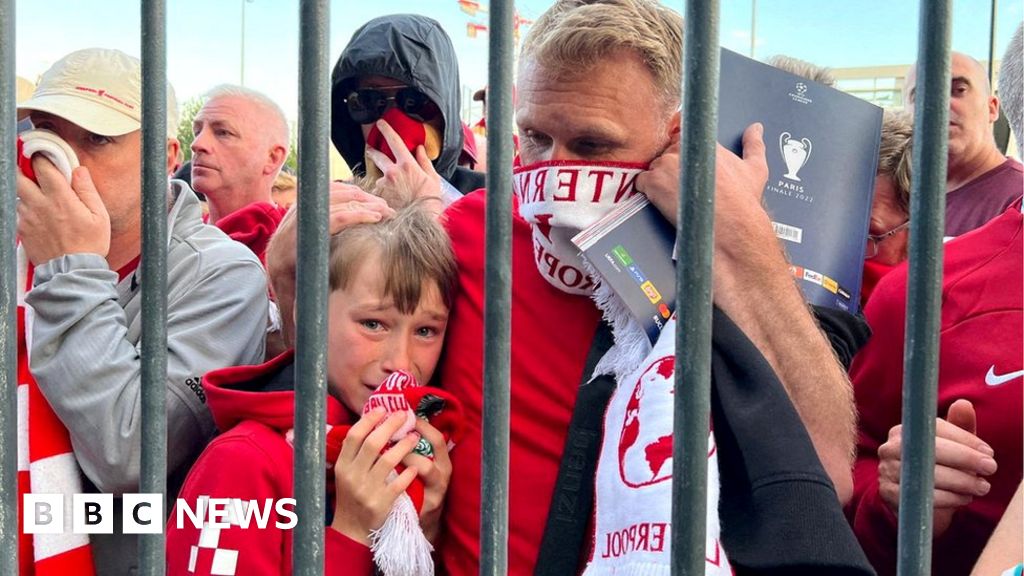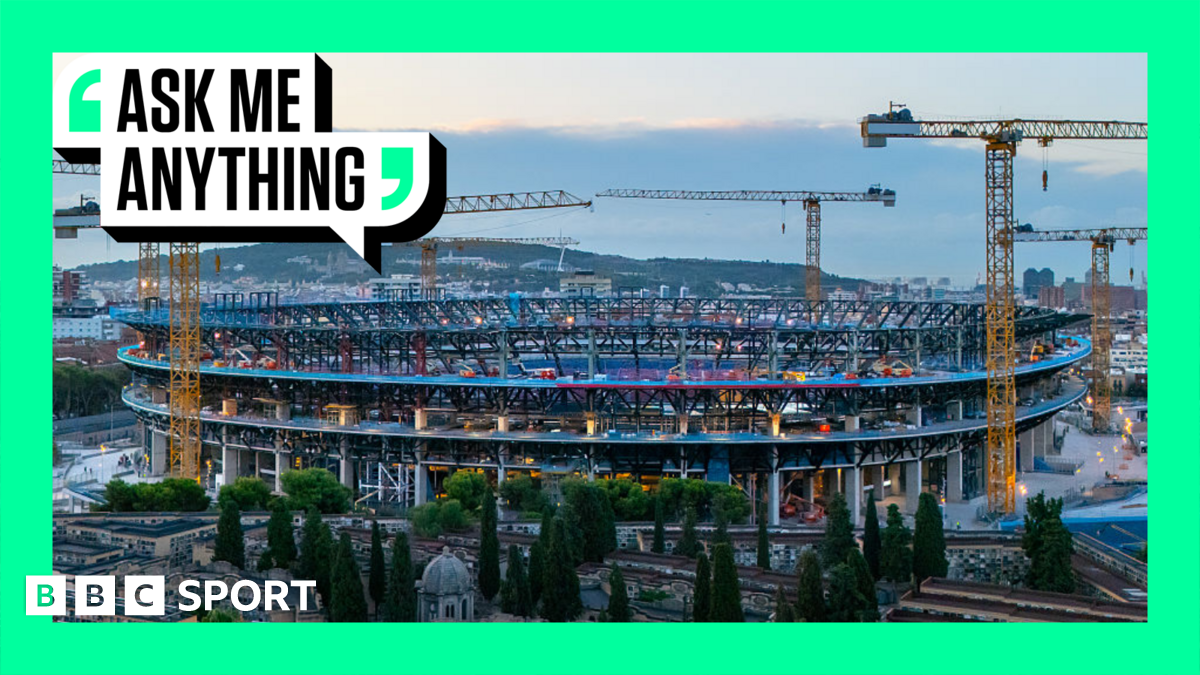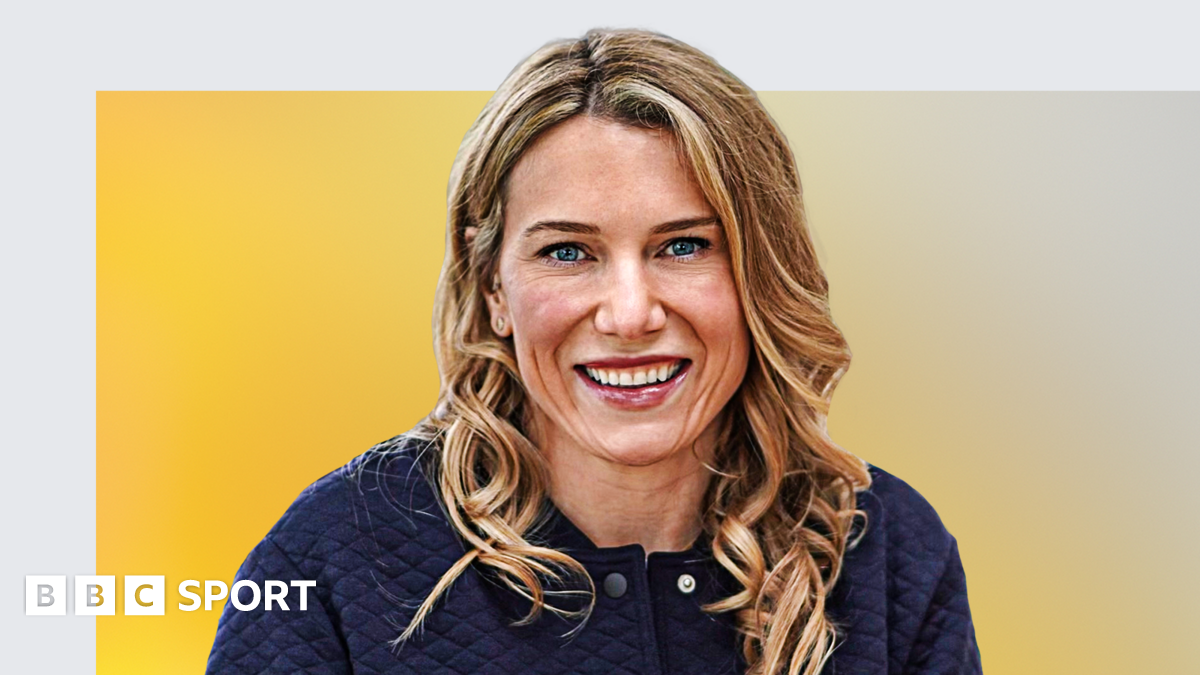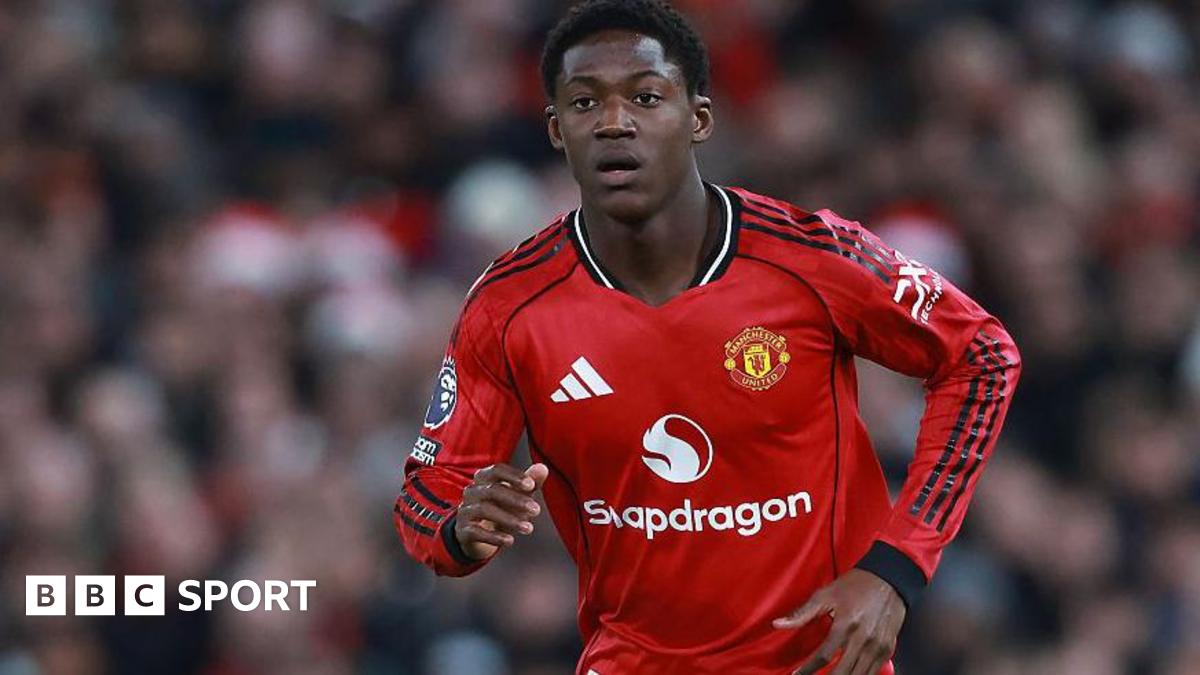| Venue: Stade de France, Paris Date: Friday, 8 September Kick-off: 20:15 BST |
| Coverage: Listen to live commentary on BBC Radio 5 Live, BBC Sounds and online; follow text commentary on the BBC Sport website and app. |
“I’m shaking even talking about it.”
Dalton Papali’i is a little over 24 hours from the game of his life. He has played for New Zealand 26 times before, but nothing compares to stepping out against France in Friday evening’s Rugby World Cup opener.
“To be honest I’ve always dreamt of this moment,” said the 25-year-old. “I really want to soak it up. You have a job to do for the team, but the excitement levels are going crazy.”
Him and us both.
It may not immediately be obvious why it matters so much though.
New Zealand beat South Africa in a hotly-anticipated pool-stage match at the last World Cup, yet it was the Boks who ended up with the trophy.
In 2007, the last time France hosted the tournament, their opening-day party was pooped by Argentina. A month later, they were toasting the 20-18 heist of the All Blacks in the quarter-finals.
The ramifications of defeat this time around won’t reach far either. With Italy, Namibia and Uruguay making up the rest of Pool A, New Zealand and France will still be hot favourites to progress to the last eight, whatever the result.
Injuries limit any comparison of the squads’ strengths. Jordie Barrett, Shannon Frizzell, Brodie Retallick and Tyrel Lomax are all missing for the All Blacks. Jonathan Danty and Cyril Baille are out for the next week or two for France.
The result will not make or break either campaign. Psychologically there is plenty of time to recover. In the grand scheme of things, this match shouldn’t matter much.
But, despite all that, as Papali’i knows, it definitely does.
Partly it is because of the past. New Zealand and France is the most potent combination in Rugby World Cup history.
No two teams have met more than their seven games in the tournament. None have a rivalry to compare.
Twice, in 1999 and 2007, France dropped jaws and derailed juggernauts with superb comeback wins over the All Blacks.
Twice, in 1987 and 2011, New Zealand clinched hometown glory with final victories over France.
Partly it is because of the aesthetic. It’s a clash of styles – the invincible aura meets the irresistible vibes – that invariably lives up to the hype.
And partly it is for the future.
Friday’s meeting marks the beginning of the end of a four-year campaign trained on this tournament for France.
They were wretched in the 2019 Six Nations. An exasperated French Federation responded by all but abandoning that year’s World Cup as a lost cause.
What was left of head coach Jacques Brunel’s authority was vaporised by his successor – Fabien Galthie – being anointed and then appointed as Brunel’s assistant for Japan 2019.
France went out in the last eight, but their eyes were already on the bigger prize.
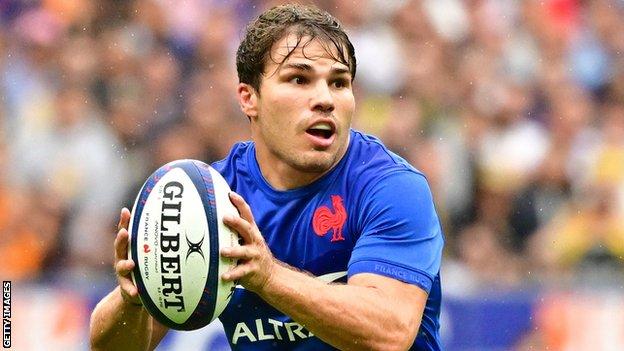
Galthie’s brief was to bring though an exceptional crop of young players – they are three-time reigning world champions at under-20 level – and inject discipline and detail in pursuit of a landmark first Rugby World Cup win in 2023.
He has delivered them to the start line in perfect form. The time is now. The French public believe it and the squad feel it. Victory would only crank the volume even higher.
“There’s a real buzz,” said second row Cameron Woki, 24.
“We feel supported and that gives us great pleasure. It helps us perform, because we don’t want to disappoint our families or the French public.
“It’s coming up fast. We have to make the most of every moment.”
So tasty is the prospect that, we can even do without a side order of beef.
“What could be better than New Zealand?,” said Galthie, who was France’s scrum-half in 1999’s thrilling 43-31 semi-final win over the same opponents.
“We’re so happy to be playing them. Friday’s match is a celebration, a joy, a great joy for us. It’s wonderful.”
Galthie’s opposite number Ian Foster repaid the compliment.
“It’s going to be an amazing occasion,” he said. “We wouldn’t want to be anywhere else. We are privileged to play this game.”
France wing Gabin Villiere called his opposite number Will Jordan “a complete player”. New Zealand full-back Beauden Barrett opted for “fabulous” in his description of France fly-half Matthieu Jalibert, while Aaron Smith said rival No9 Antoine Dupont was “amazing”.
Dupont himself said New Zealand were “the most beautiful team to watch, a team that generations and generations have dreamed of”.
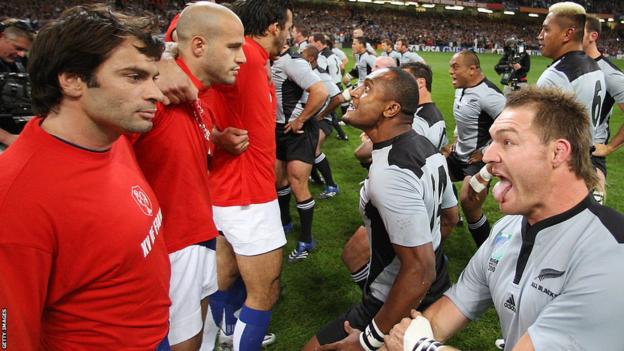
This Parisian love-in was even strong enough to withstand the issue of a potential haka stand-off.
Raphael Ibanez, now France’s general manager, was captain when his side went nose-to-nose before their quarter-final in Cardiff in 2007.
“That’s their choice,” said Foster of the possibility of something similar this time around.
“We know they will respect it, they have a history of respecting it. The fact they may respond in different ways is not seen by us as a lack of respect.”
However they face-off, in that moment, a rich medley of memories, beyond the scorelines and headlines, will come back.
Memories of France legend Serge Blanco’s generosity of spirit after defeat in the 1987 final, handing his swapped All Black shirt to a young New Zealander whose family he had befriended earlier in the tournament.
Or of France star Romain Ntamack who, injured, will watch this match from the stands, just as he did as a six-month-old in 1999 when his father Emile played in the famous success at Twickenham against John Hart’s favourites.
Some will think of indomitable All Black Jerry Collins or the scampering brilliance of France wing Christophe Dominici – and the poignancy of two legends of past meetings not being alive to see the next.
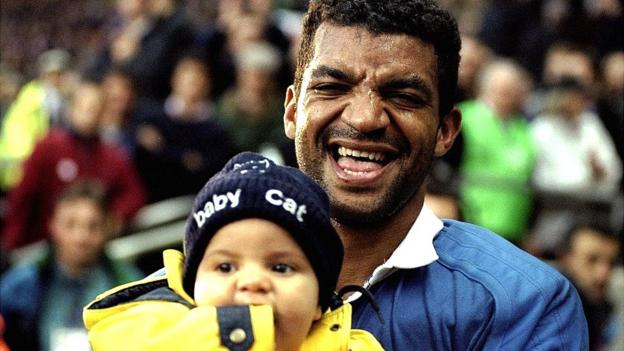
It used to be done differently. Hosts v holders would be the first fixture. In their first tournament since the end of apartheid, South Africa beat Australia for a game to remember 28 years ago.
But for depth of history, for present quality, for anticipation levels that make a man mountain like Papali’i quiver, this is an opener without equal.
